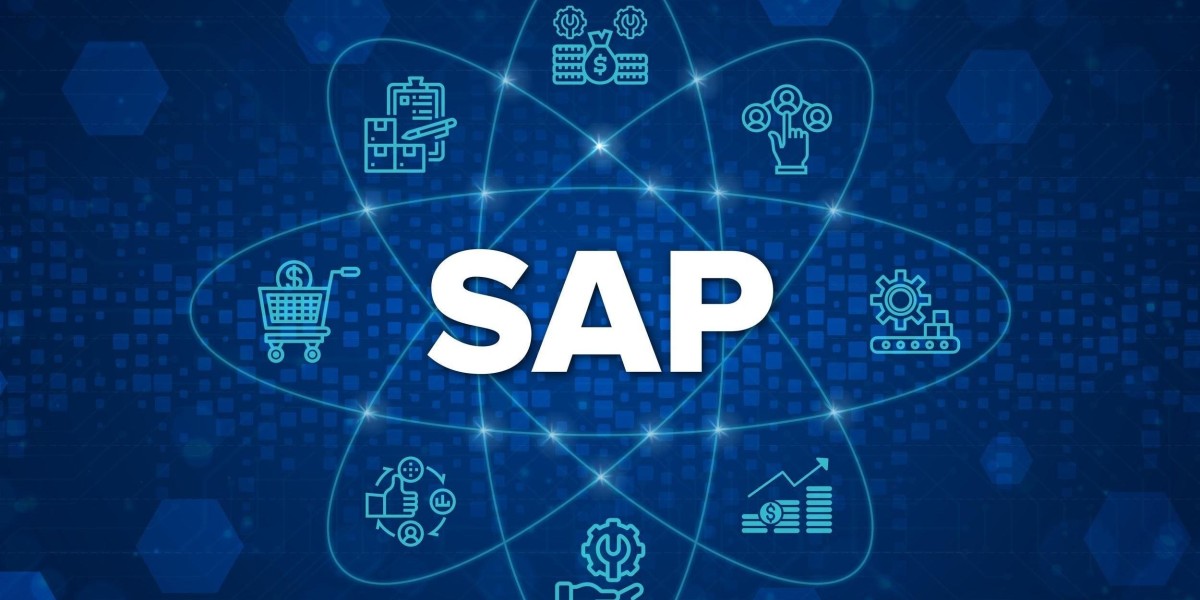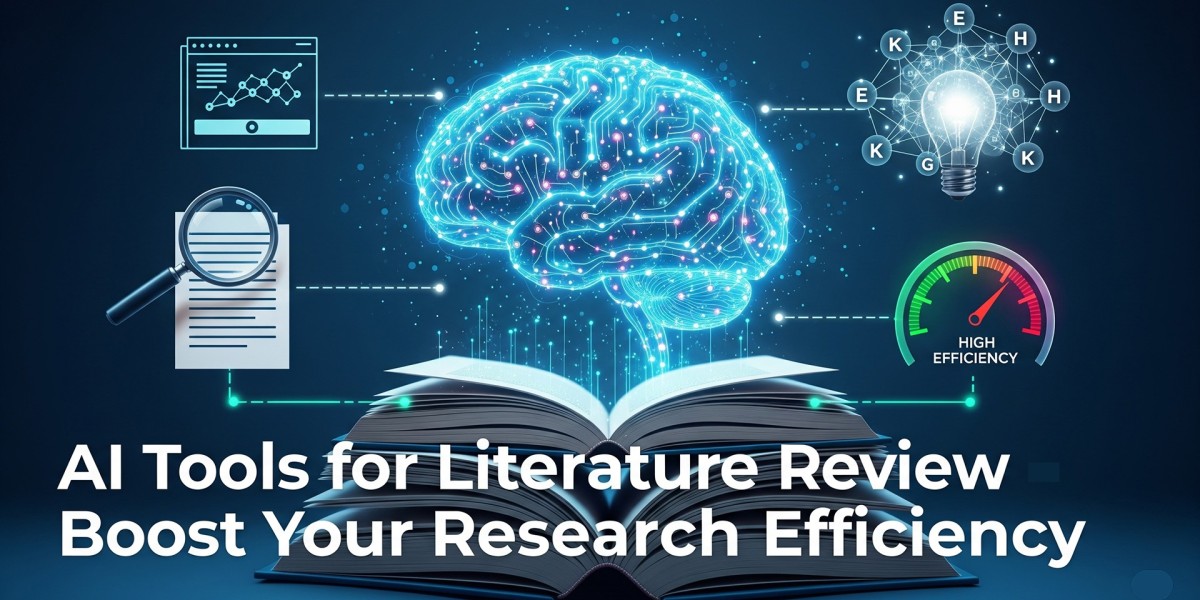In today's rapidly evolving professional landscape, traditional education alone is no longer sufficient to guarantee career success. The gap between academic learning and industry requirements continues to widen, making industry-driven learning more crucial than ever. This educational approach bridges theoretical knowledge with practical application, ensuring professionals are equipped with skills that directly translate to workplace excellence. Programs like SAP Training in Mumbai exemplify this trend, offering specialized courses that align with current market demands.
Understanding Industry-Driven Learning
Industry-driven learning represents a paradigm shift from conventional education models. Unlike traditional academic approaches that focus primarily on theoretical concepts, this methodology prioritizes real-world applications, current industry trends, and practical skill development. It involves collaboration between educational institutions, training providers, and industry experts to create curricula that reflect actual workplace requirements.
This approach recognizes that industries evolve at unprecedented speeds, driven by technological advancements, changing consumer behaviors, and global market dynamics. SAP Training in Mumbai demonstrates this concept perfectly, as it focuses on enterprise resource planning skills that are immediately applicable in corporate environments across various sectors.
Key Components of Industry-Driven Learning
Real-World Problem Solving
Industry-driven learning emphasizes solving authentic challenges that professionals encounter daily. Rather than hypothetical scenarios, learners work with case studies, live projects, and simulations that mirror actual business environments. This hands-on approach develops critical thinking skills while building confidence in applying knowledge to practical situations.
Current Technology Integration
Modern industries rely heavily on cutting-edge technologies, and industry-driven learning ensures students gain exposure to the latest tools and platforms. Whether it's artificial intelligence, cloud computing, or enterprise software, this educational model keeps pace with technological evolution. SAP Training in Mumbai exemplifies this by providing access to current SAP modules and real-time business scenarios.
Industry Expert Involvement
Successful industry-driven programs involve professionals who are actively working in their respective fields. These experts bring current insights, share recent challenges, and provide networking opportunities that traditional academic instructors might lack. Their involvement ensures the curriculum remains relevant and practical.
Benefits of Industry-Driven Learning
Enhanced Employability
Graduates from industry-driven programs typically demonstrate higher employability rates compared to their traditionally-educated counterparts. Employers value candidates who can contribute immediately without extensive on-the-job training. The practical skills acquired through SAP Training in Mumbai and similar programs make candidates more attractive to potential employers across various industries.
Faster Career Progression
Professionals with industry-relevant skills often experience accelerated career growth. Their ability to understand business processes, implement solutions, and adapt to changing requirements positions them as valuable assets within organizations. This competitive advantage translates to faster promotions and increased earning potential.
Adaptability and Future-Readiness
Industry-driven learning develops adaptability skills that are essential for long-term career success. As markets evolve and new technologies emerge, professionals trained through this approach can more easily transition and upgrade their skills. SAP Training in Mumbai prepares individuals not just for current roles but for future career transitions within the enterprise software ecosystem.
Addressing Skill Gaps
One of the most significant advantages of industry-driven learning is its ability to address existing skill gaps in the job market. Traditional education systems often struggle to keep pace with industry changes, creating disconnects between what students learn and what employers need. Industry-driven programs identify these gaps and design targeted solutions.
For instance, the growing demand for SAP professionals in Mumbai's thriving business sector has created opportunities for specialized training programs. SAP Training in Mumbai addresses this specific need by providing comprehensive training in modules that are most sought after by local employers.
Technology and Digital Transformation
The digital transformation wave has fundamentally altered how businesses operate. Industry-driven learning acknowledges this reality and prepares learners for digitally-enabled work environments. This includes understanding data analytics, cloud-based systems, automation tools, and digital collaboration platforms.
Modern professionals must navigate complex technological ecosystems, and SAP Training in Mumbai represents this new reality by focusing on enterprise resource planning systems that integrate various business functions into cohesive digital platforms.
Global Competitiveness
In an interconnected global economy, professionals must possess skills that are recognized and valued internationally. Industry-driven learning programs often align with global standards and certifications, ensuring graduates can compete in international job markets.
Certifications obtained through programs like SAP Training in Mumbai are recognized globally, opening doors to opportunities not just locally but across international markets where SAP systems are implemented.
Networking and Professional Relationships
Industry-driven learning environments naturally foster professional networking opportunities. Students interact with industry practitioners, fellow learners from diverse backgrounds, and potential employers. These relationships often prove invaluable for career advancement and professional development.
The collaborative nature of SAP Training in Mumbai programs brings together professionals from various industries, creating rich networking opportunities that extend beyond the training period.
Continuous Learning Mindset
Perhaps most importantly, industry-driven learning instills a mindset of continuous learning and adaptation. In rapidly changing industries, the ability to continuously upgrade skills and knowledge becomes a critical success factor. This approach teaches learners how to identify emerging trends, acquire new competencies, and remain relevant throughout their careers.
Programs such as SAP Training in Mumbai often provide ongoing support, updates on new features, and pathways for advanced certifications, encouraging lifelong learning habits.
Conclusion
Industry-driven learning represents the future of professional education, offering a dynamic approach that bridges the gap between academic theory and practical application. By focusing on real-world skills, current technologies, and market demands, this educational model prepares professionals for immediate contribution and long-term career success. Programs like SAP Training in Mumbai exemplify how targeted, industry-relevant education can transform career trajectories and meet the evolving needs of both learners and employers.
As industries continue to evolve at an unprecedented pace, those who embrace industry-driven learning will find themselves better positioned to navigate future challenges, capitalize on emerging opportunities, and maintain competitive advantages in their respective fields. The investment in such specialized training today becomes the foundation for tomorrow's professional success.
Beyond immediate employability, industry-driven learning also cultivates resilience and agility, qualities that are indispensable in unpredictable markets. It shifts professionals from being passive learners to proactive problem-solvers who can adapt quickly to disruptions and technological advancements. This adaptability not only benefits individual careers but also strengthens organizations by fostering a workforce ready for change. Moreover, programs like SAP Training in Mumbai demonstrate how structured, market-focused education can balance technical expertise with strategic insight, ensuring professionals remain future-ready. As industries adopt new digital ecosystems and global competition intensifies, having industry-relevant skills becomes less of an option and more of a necessity. Ultimately, industry-driven learning equips individuals with the confidence, competence, and connections required to thrive in tomorrow’s evolving professional world.






